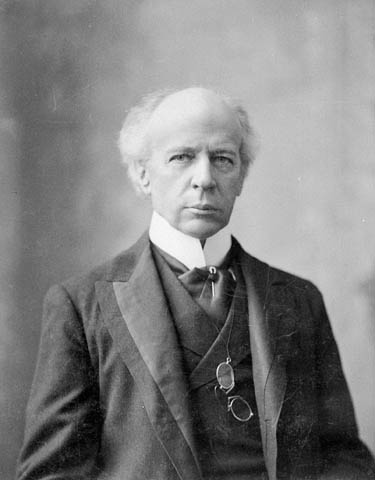An interesting new article (gated) titled “Agricultural Economics and Economics: Influence and Counter-Influence, 1910–1960” by Marc Nerlove (yes, the same Marc Nerlove who won the Clark Medal and made seminal contributions to economics and econometrics) in the latest issue of Applied Economic Perspectives and Policy:
This paper examines the effects which agricultural economists had on developments in economics and on economic policies during the years 1910-1960. These developments are viewed against the backdrop of what was happening in the economy at large and particularly with respect to farmers, and of major books and articles in economics published in the period. Some ideas of agricultural economists and the influence they had are discussed. Agricultural issues and agricultural economists, in the broad sense, had a profound influence on the development of general economics and on economic policies during this period.
The article covers many of the contributions of agricultural economists to economics. Nerlove’s contribution is obviously mentioned, but he also discusses Theodore W. Schultz, who won the Nobel prize for economics in 1979 for his work on agricultural development, among others.
After reading Mastering ‘Metrics last month, however, I am surprised by Nerlove’s omission of the contribution of Philip G. Wright, an agricultural economist who, in collaboration with his son Sewall Wright, derived the instrumental variables estimator in an 1928 book titled The Tariff on Animal and Vegetable Oils.
Similarly, had Nerlove’s article not stopped in 1960, he would have had to mention Yair Mundlak who, for all intents and purposes, derived the fixed effects estimator in a 1961 article in the Journal of Farm Economics–which has since been renamed the American Journal of Agricultural Economics.

